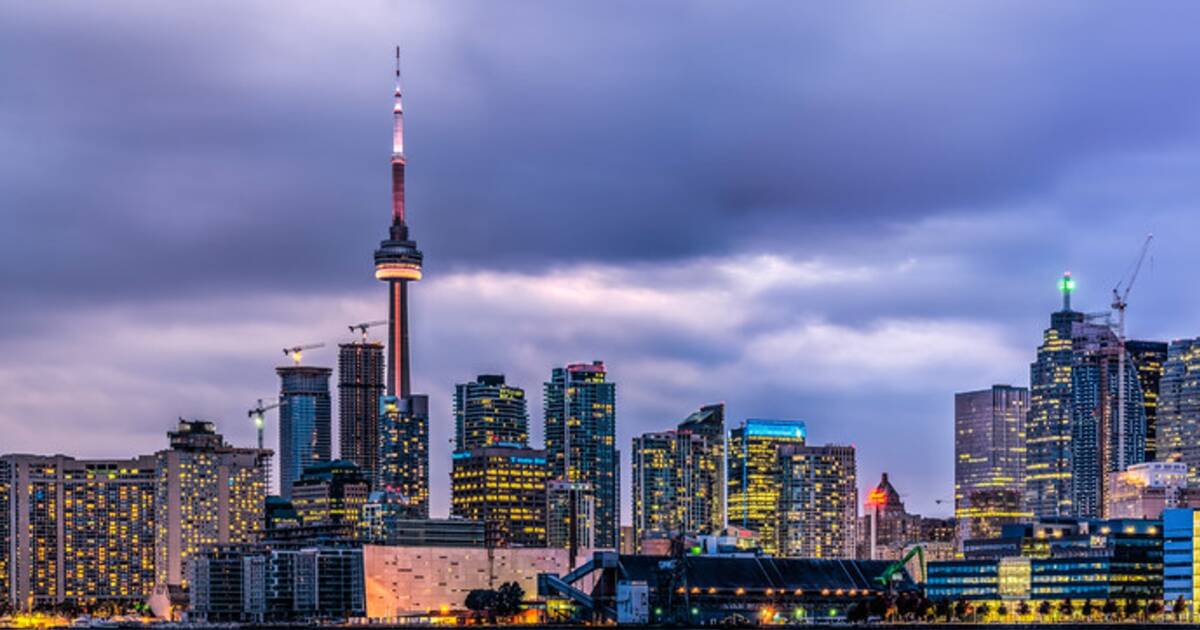
If you've been reading the news lately, then you may find this hard to believe — but Toronto was just ranked the sixth safest city in the world.
The ranking comes from The Economist's 2019 Safe Cities Index, which grades 60 major cities on five continents.
In order to assess overall urban safety, researchers examined digital, health, infrastructure and personal security factors.
The cities at the top of the list offer residents access to high-quality health care, dedicated cybersecurity teams, disaster continuity planning and/or community-based police patrolling.
Tokyo took the number one spot for the third year in a row, while Singapore and Osaka also maintained their titles as the second and third safest cities in the world.
And the winner of #SafeCitiesIndex 2019 is... Tokyo! How safe is your city? Find out now > https://t.co/R3f1ojtuRA #EconSafeCities (via @NEC_Safety) pic.twitter.com/ejCPOflY1K
— The Economist Intelligence Unit (@TheEIU) August 29, 2019
Toronto was the only Canadian city to make the top 10, with a total score of 87.8.
Here are the top 10 safest cities in the world.
- Tokyo, Japan
- Singapore
- Osaka, Japan
- Amsterdam, the Netherlands
- Sydney, Australia
- Toronto, Canada
- Washington DC, U.S.A.
- Copenhagen, Denmark (8/9)
- Seoul, South Korea (8/9)
- Melbourne, Australia
Washington, D.C., the only American city to make the top 10, moved up significantly from the previous report, from number 23 to 7.
This just proves what I’ve felt about DC for the past several years. DC is a world class city in so many ways and a much better bang for the buck than its peers. #SafeCitiesIndex https://t.co/ui0KGH6SGJ
— Richard McBride (@Richard_McBride) August 29, 2019
On the contrary, Hong Kong dropped from ninth place in 2017 to 20th place in 2019.
While a total of six Asia-Pacific cities occupied spots in the top 10, the region is also home to some of the lowest-scoring cities in the world, including Yangon in Myanmar at 58th place, Pakistan’s Karachi at 57 and Dhaka in Bangladesh at 56.
The report acknowledges that richer urban areas tend to be safer ones, but it also explains that there are ways for those in less well-off cities to focus more on how they can enhance security measures despite financial constraints.
by Mira Miller via blogTO

No comments:
Post a Comment